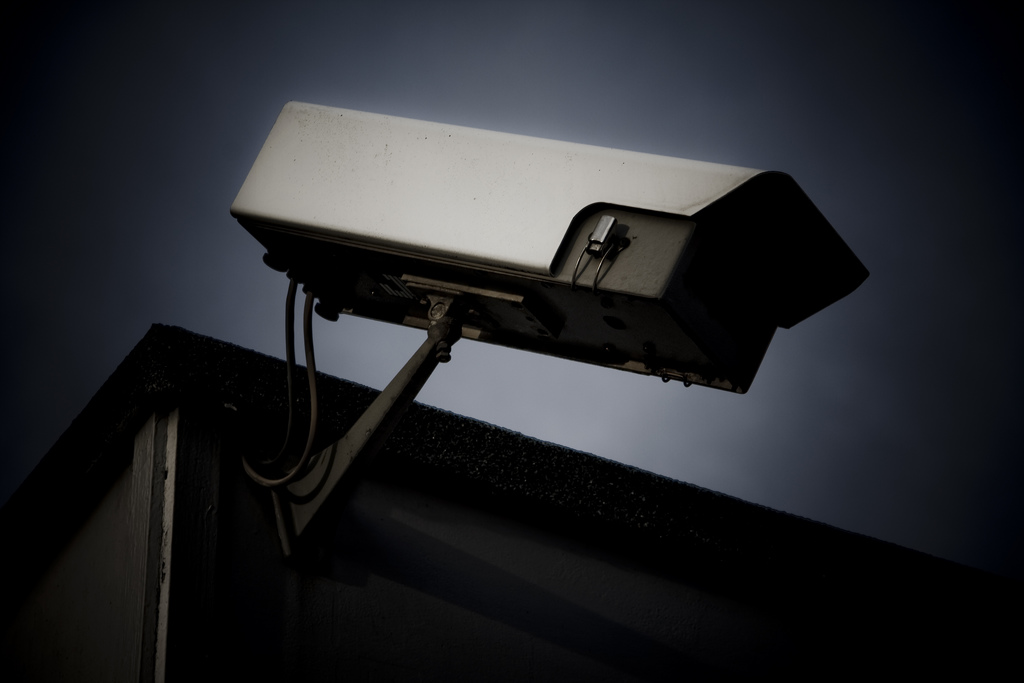What kind of book can be written decades before a certain date, only to remain relevant years after that same date?
George Orwell’s 1984 immediately comes to mind. It makes for disturbing reading as a frightening—yet arguably accurate—prophecy for future society, with concepts confronting to those of us who have only known freedom and privilege our entire lives.
Orwell’s world is one society should feel uncomfortable about resembling. It is a place where perpetual war between supposed “super states” is generated to keep the people poor and at the mercy of the ruling English Socialist Party. The party is hell-bent on consolidating its power, which pursues it at the deliberate expense of individual rights and freedoms. The state spies, propagandises and tortures its subjects into total submission.
Of course, society today has not degenerated into anything as draconian or tyrannical as Orwell’s Oceania. Nonetheless, and disturbingly, more and more parallels can be drawn between this fictional Dystopia and 2014.
One can’t help wonder whether Immigration Minister Scott Morrison is a fan of “Newspeak”, the official language of Oceania where 1984 is set. The purpose of this fictional dialect is to eliminate language rather than enhance it, thereby preventing people from forming ideas and emotions that challenge The Party’s policies (for example, by replacing the word “bad” with “ungood”).
After assuming his role in September 2013, Morrison wasted no time in rebranding “Asylum Seekers” as “Illegal arrivals”. By manipulating the verbal playing field of this issue, Morrison
turned people in desperate need of protection and refuge into lawbreakers. What purpose could he have for this, if not to restrict the emotions and independent thoughts people have towards asylum seekers? It certainly justifies the The Liberal Party’s policy of putting them in detention rather than granting them asylum.
You could also label Morrison’s boss Tony Abbott as a proponent of 1984, given his practice of “Doublethink”. This Party principle is defined as “the ability to maintain two contradictory ideas in one’s head and believe them both to be true”, something which Abbott showed an astounding capacity for when he appeared on ABC’s Insiders program the weekend before the election.
When asked if the warmest winter on record just experienced by the east coast of Australia was evidence of climate change, Abbott plainly replied “I believe it is evidence of the variability in our weather”. “But just to make it clear,” he went on, “I think climate change is real and humanity makes a contribution.”
Perhaps like The Party, Abbott likes the idea of tinkering with the facts and passing himself off as genuine without anyone realising the contradiction (though if he thinks Doublethink is making people think more of him, he should think again).
1984 has also influenced popular culture. Big Brother, the omnipresent public face of The Party in Orwell’s book, lent his name to the reality TV game show where a similar ubiquitous figure watches every move and every sound of the contestants, though is never seen himself.
Frivolous reality TV should have been as far as society went in emulating an aspect of Orwellian society. It wasn’t.
Big brother is watching all of us. That, we now know, thanks to Edward Snowden leaking 200,000 classified documents exposing the National Security Agency’s phone-tapping and electronic surveillance programs.
Suddenly, Orwell’s prophecy of a society “where you had to live in the assumption everything you said was heard and every move you made scrutinised” was fulfilled, proving that governments are capable of abusing technology for their own interests at the expense of progress and privacy.
The only difference between London in 1984 and America in 2014 seems to be that while The Party was using telescreens and hidden microphones to survey their subjects, the governments of today are using the smartphones and inboxes people so willingly procure and rely on.
All the while, the Obama administration embraces The Party’s slogan of “WAR IS PEACE” with every new drone deployed to the Middle East and “IGNORANCE IS STRENGTH” by branding anti-secrecy vigilantes such as Snowden and Assange as “traitor” and “terrorists” respectively. (Newspeak at play again.)
And so, thirty years on from the year Orwell chose as 1984’s setting and title, it seems those in power are prone to using such repressive techniques to strengthen their grip on power and to control the people.
It’s almost as if 1984 is being read as a handbook, and these examples don’t even scratch the surface of the comparisons you can draw between the dystopia in the book and the real world.
It’s easy to be fatalistic after reaching a conclusion as bleak as this: “The people in charge are abusing their power, and there’s nothing I can do about it.”
But ask yourself questions like this and you miss the entire point.
Orwell wrote 1984 as a warning against the rise of totalitarian states—those that would manipulate people’s minds and “say two and two are five”—in the hope that currently free countries would remain free. This, he suggested, would involve the people constantly criticising the leaders of the day.
Accordingly, it is up to us as the next generation of a democracy to take an interest in the political issues of the day, scrutinize those in power and keep them honest.
It’s essential we listen carefully to politicians. That we aren’t fooled by their spin. That we hold them accountable. That we keep protesting the wrongs in society and keep demanding a better result. Because, while leaders might have the power to undermine freedom and equality, we have the power to expose them if they try. That’s something we should never forget nor take for granted.
And you really should get around to reading 1984. Or don’t, it’s a free country after all.
By Alexander Darling
Image via Flickr.


